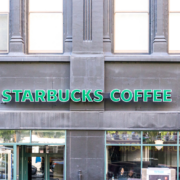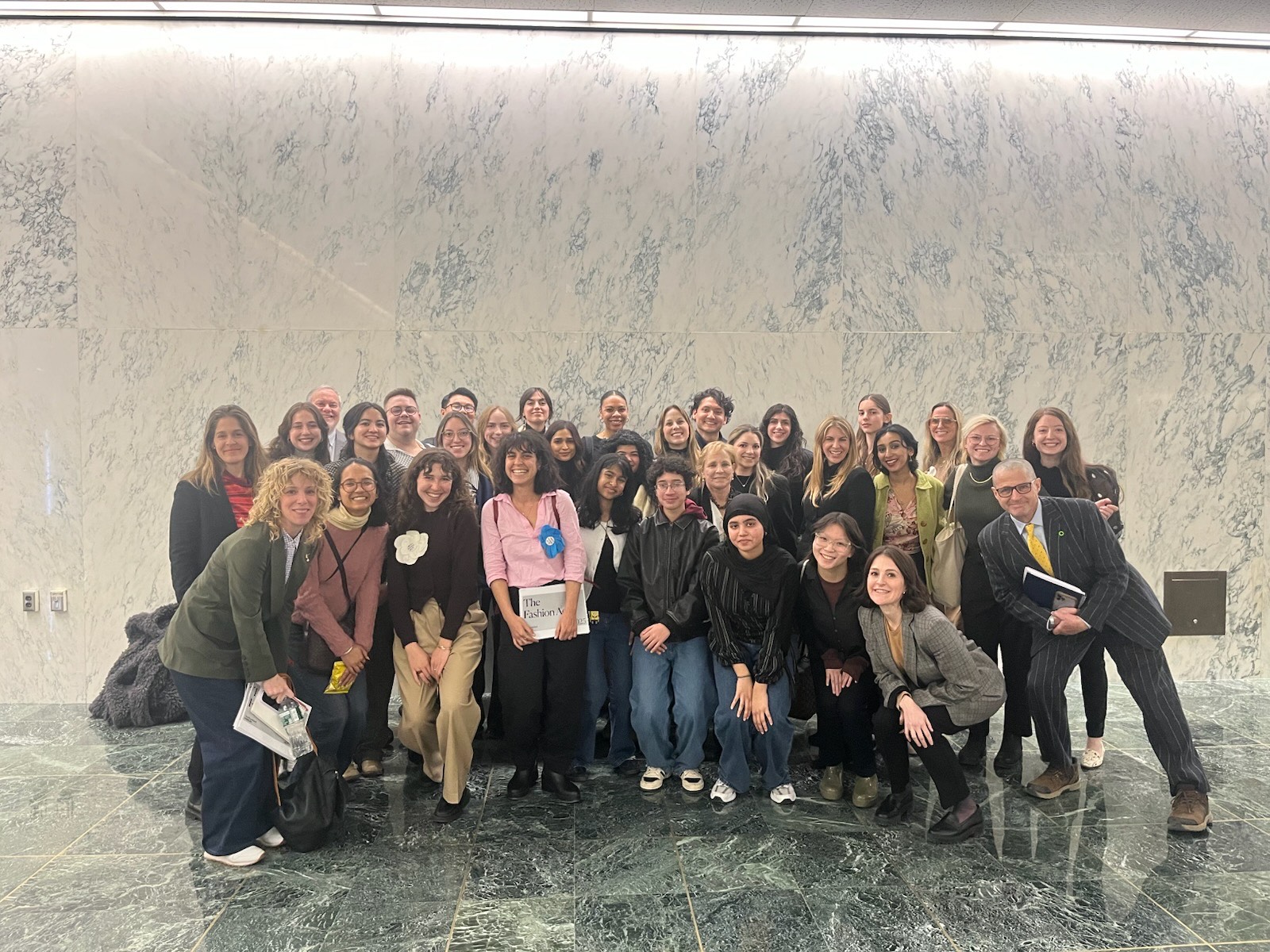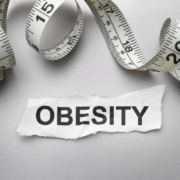
It was First Lady Eleanor Roosevelt, who proudly served as Vice President of the National Consumers League and represented the organization in meetings and testimony, who astutely observed, “No one can make you feel inferior without your consent.” And, in so many ways, that sentiment captures the 125-year history of NCL, an organization that has consistently said, on behalf of consumers and workers, that we do not give our consent to hazardous working conditions, inadequate wages and benefits, unsafe foods, lack of access to health care, substandard products, and discrimination of any sort.
From its origins taking on the horrific working conditions prevalent during the height of American industrialization at the start of the 20th century to its work today addressing consumer fraud and barriers to health care and coverage, the National Consumer League’s history reflects an unwavering mission to improve the lives of consumers and workers and promote social and economic justice.
Looking at the successes achieved by NCL throughout its history and tracing them back to transformative legislative and legal victories won by Florence Kelley and Francis Perkins, the linkage between past and present is evident time and time again in NCL’s work.
● Today’s efforts to make food and alcohol labeling more transparent have their origins in NCL’s early support for President Theodore Roosevelt’s consumer safety bills, a hallmark of his legacy. And, after Upton Sinclair’s landmark book The Jungle revealed the unsanitary and dangerous conditions in meat packing plants, NCL made cleaning up those workplaces a priority as well. NCL played a critical role in the passage of the Pure Food and Drugs Act and Meat Inspection Act in 1906 and maintained this progress throughout its history, working for the passage of the Food, Drug and Cosmetic Act of 1938, the Meat Inspection Act of 1967, and the Poultry Products Inspection Act of 1968.

New York Shirtwaist Strike of 1909
● NCL’s global leadership in combating child labor has its roots in NCL’s work from its earliest days to achieve a fair, safe, and humane workplace. In the organization’s first years, Florence Kelley created the “White Label” campaign, encouraging consumers to shop at businesses that had earned the label by treating workers fairly (also, the racial discrimination Kelley witnessed in her investigations led her to join like-minded Americans in the founding of the NAACP). NCL successfully encouraged the Supreme Court to uphold an Oregon law limiting workdays to 10 hours and scored one of its most significant victories in the passage of the Fair Labor Standards Act in 1938, establishing a minimum wage, overtime pay, and laws on child labor. Supporting the fair treatment of workers is a pillar of NCL’s work. NCL’s support for ending the “subminimum tipped wage” and NCL’s recent lawsuit against Starbucks challenging their claims about ethical sourcing are just the latest iterations of a practice that began with Florence Kelley’s “White Label.”

Child laborers in textile mills, Macon, Georgia.
Photo by Lewis W. Hines, 1909
● Health and economic security have always been NCL priorities. Today’s work improving access to affordable healthcare and coverage, addressing medical debt, and providing expertise on medication safety can be traced all the way back to 1903 when Florence Kelley led a grassroots campaign that resulted in the creation of the Children’s Bureau. The Children’s Bureau was a precursor to the Social Security Act of 1935, which was intended to support the Children’s Bureau’s work and create old-age financial benefits. During the Franklin D. Roosevelt Administration, NCL advocated for unemployment insurance, national health insurance, and expanding Social Security to include disability benefits. NCL has been a fierce defender of the Medicare and Medicaid programs, fighting efforts to roll back health protections for seniors and the economically vulnerable.
● NCL believes that knowledgeable consumers can be more effective participants in the marketplace and that being armed with information can help people make better purchasing decisions and be better able to protect themselves. The organization’s work in this area traces back to the early 1900s and NCL’s crusading work to make people more aware of companies paying poverty wages, demanding excessive work hours, and not alleviating hazardous working conditions. Over the years, this has led to program initiatives providing consumers with education on matters like product safety, how to maintain good credit and avoid debt, and how to protect themselves against fraud. NCL’s Fraud. org website played a critical role in combating the scams that have proliferated in the internet age. Today, through its LifeSmarts program, NCL is preparing middle and high school students to be informed consumers.

Three boys shoveling Zinc ore, Aurora,
Missouri. Photo by Lewis W. Hines, 1910
● Protecting lives and safety is an imperative that spans NCL’s 125-year legacy and shapes its current work. After the Titanic sank, NCL worked with the Seaman’s Union and Congress to pass landmark maritime safety legislation. In 1911, the Triangle Shirtwaist factory in New York went up in flames, killing 146 workers who could not escape through locked exit doors. NCL’s Executive Secretary Francis Perkins was having tea a short distance away when the fire broke out and arrived to see women and girls jumping to their deaths from nine stories. Afterwards, she worked tirelessly, demanding research into building fires and industrial accidents and advocating for building safety reforms. Today, in its work to improve airline safety and mandate rear- facing backup cameras in cars, NCL is dedicated to preventing similar tragedies from happening.
● From its beginning, NCL has always insisted that the value of every person must be recognized, and that the pursuit of social justice is paramount. Before the passage of the 19th Amendment to the Constitution giving women the right to vote, Florence Kelley and the National Consumers League were a leading voice for women’s suffrage, with Kelley pointing out that the inability to defend her interests at the polls lowered her value “as a human being and consequently as a worker.” Over a century later, NCL continues to advocate for diversity, equity, and inclusion and against any form of discrimination, applying this conviction in a variety of areas from hiring and promotion practices to medical research to access to credit and financial services.
The history of NCL and the women who led the organization is inspiring and inextricably tied to the gains we have made as a society over 125 years. Perhaps most importantly, NCL’s past successes continue to inform and direct the initiatives and priorities of today, ensuring that consumers continue to have a meaningful voice in the decisions that affect their present and future.

Jennie Rizzandi, age 9, helps her parents finish garments, New York City. Photo by Lewis W. Hines, 1913































